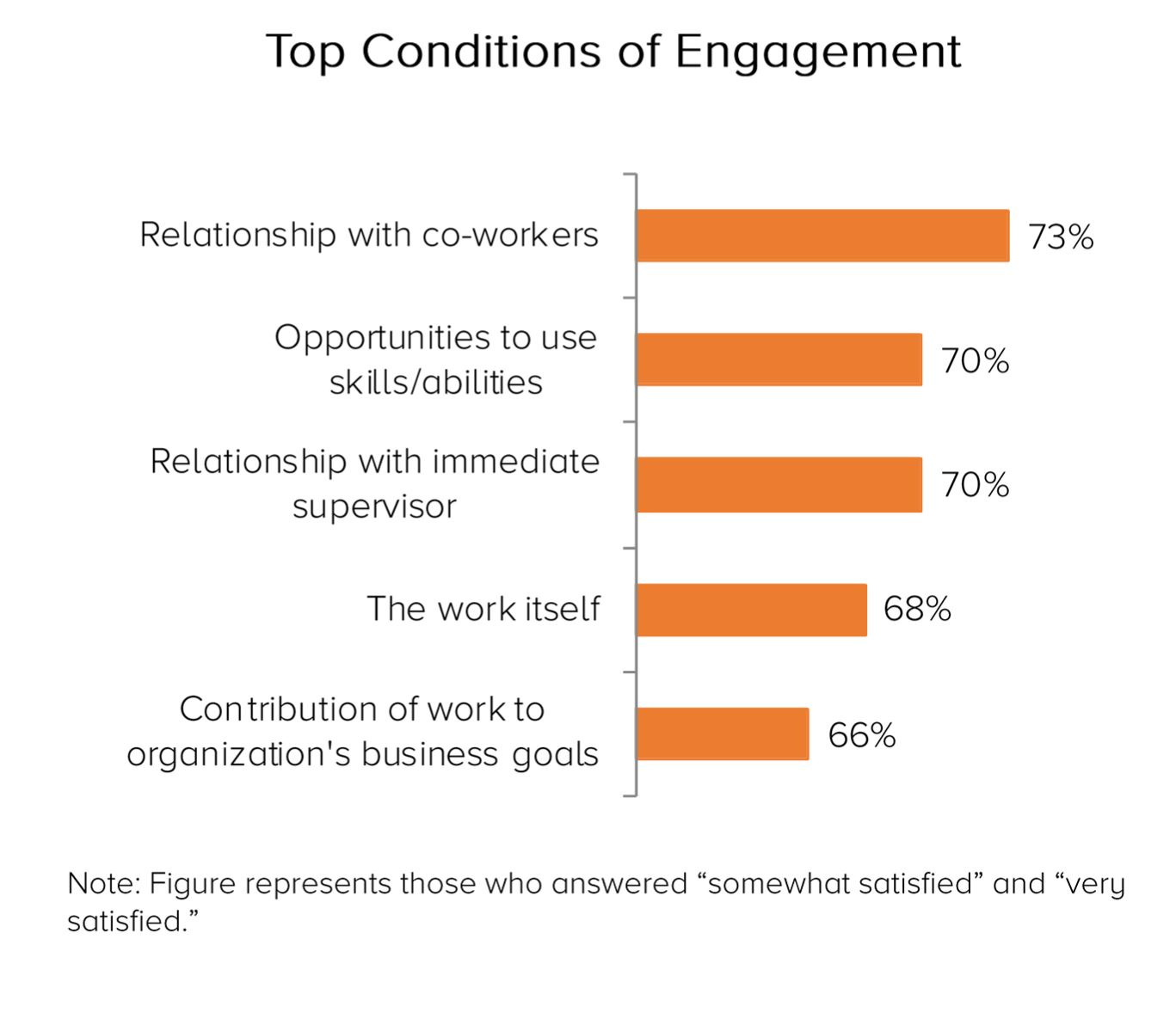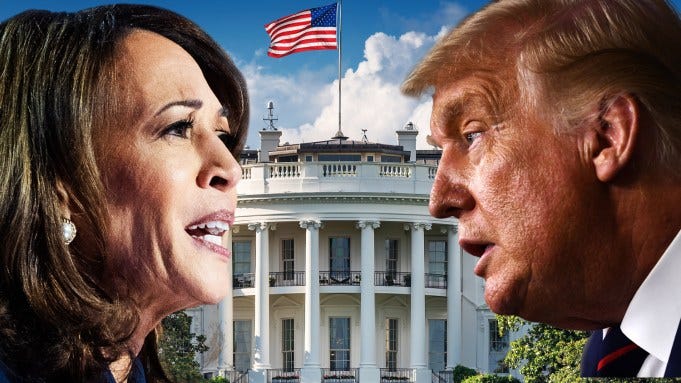Team building is a critical component of organizational success, fostering collaboration, improving communication, and enhancing overall productivity. In a competitive business environment, the ability of teams to work effectively together can significantly impact a company's performance and bottom line. This article explores the quantifiable importance of team building in business and provides innovative ideas for team-building events.
Sources for this Article:
Costa, A. C., Roe, R. A., & Taillieu, T. (2001). Trust within teams: The relation with performance effectiveness. European Journal of Work and Organizational Psychology, 10(3), 225-244.
Gallup. (2017). State of the American Workplace Report. Retrieved from https://www.gallup.com/workplace/238085/state-american-workplace-report-2017.aspx
Jehn, K. A., & Shah, P. P. (1997). Interpersonal relationships and task performance: An examination of mediating processes in friendship and acquaintance groups. Journal of Personality and Social Psychology, 72(4), 775-790.
Katzenbach, J. R., & Smith, D. K. (1993). The Wisdom of Teams: Creating the High-Performance Organization. Harvard Business Review Press.
SHRM. (2018). Employee Job Satisfaction and Engagement: The Doors of Opportunity Are Open. Retrieved from https://www.shrm.org/hr-today/trends-and-forecasting/research-and-surveys/pages/job-satisfaction-and-engagement-doors-of-opportunity-are-open.aspx
I think the Army does an exceptional job in team building. We participate in obstacle courses, problem-solving events, or mandatory fun events designed to increase our knowledge of people who might end up in a foxhole with us. Many of the training events you are required to attend in the military are dedicated to team dynamics, collaborative coursework, and exercises to see how teams interact and make decisions. By the time you leave your basic course, you had several iterations of team building.
The Army specifically runs on team dynamics. From squads to divisions, the size of the team is less important than the ability of that team to work together to accomplish our nation’s mission. This is broadened at the senior levels when you are required to work with others who have niche skill sets or are from other military services. I had the opportunity to lead or participate in team events with military personnel from multiple countries. Each event is developed to build teams, establish interoperability, and prepare for scenarios that may require cooperation such as World War III.
It would be difficult at least, deadly at worst, if the military did not spend the time and money to execute these events. Team building allows these different cultures and viewpoints to operate more efficiently. We can examine the benefits of team building, for your consideration in planning events, to ensure the cost is beneficial.
Benefits of Team Building.
- Enhanced Productivity. Effective team building can lead to increased productivity by improving the way employees work together. Research indicates that well-integrated teams can achieve higher performance levels, as team members are better able to coordinate their efforts and leverage each other’s strengths (Katzenbach & Smith, 1993). A study by Gallup found that organizations with high levels of employee engagement often fostered through team-building activities, are 21% more productive and have 22% higher profitability than those with lower engagement levels (Gallup, 2017).
I remember returning to class from a problem-solving obstacle course. My team had done exceptionally well. My point is that when we started our classwork after that event, the buzz in the classroom was palpable. The team was discussing our tasks, helping each other with work, or providing guidance to others struggling with the content. It was amazing to see our team dynamic strengthen and improve from this single challenge. I am sure you have experienced something like this for yourself.
2. Improved Communication. Team building activities enhance communication skills among team members. According to a study by the International Journal of Business Communication, effective team communication leads to better problem-solving capabilities and more innovative solutions (Jehn & Shah, 1997). By encouraging open dialogue and collaborative brainstorming, team-building exercises help break down communication barriers and foster a culture of transparency and mutual respect.
When I was a younger officer in the Army, we were required to participate in officer development events at the battalion and above level. These were frequent gatherings ranging from planning sessions to parties. You would be amazed at how these events would open you and your peers up to communicating with others. These events also gave us younger Soldiers a chance to communicate with senior leaders without the usual formalities. I cannot tell you how many times I have had frank and open conversations with high-level officers that led to sound lessons learned.
After leaving the military, I consistently wonder why some leaders choose not to socialize in appropriate settings with their subordinates. Even if you limit office parties to manage fraternization, leaders can use gatherings to conduct training, instill wisdom, and reinforce organizational goals. Allow your employees and your leaders to ‘let their hair down.’ You will find that communication will increase and your business will benefit from that two-way communication.
3. Increased Employee Satisfaction and Retention. Employees who feel connected to their team and valued by their organization are more likely to be satisfied with their jobs and remain with the company. A study by the Society for Human Resource Management (SHRM) found that organizations with strong team-building programs have lower turnover rates and higher employee satisfaction (SHRM, 2018). This is crucial for maintaining a stable and skilled workforce and reducing the costs associated with high employee turnover.

I know what you are thinking. Certain employees always roll their eyes at mandatory fun events. Going to parties is boring and awkward. You might be saying, “Doing these events in my business does more damage than good.” If you're not saying that, then good, but if you are, we can do better at creating events that have positive results. We discuss that more below but looking at the chart above, try developing events that meet one or more of those five conditions. This should help employee engagement overall.
Specifically, the last two conditions are all about relating organizational values and goals. Leaders should structure events that reinforce why we do the work. The next condition is planning those events that genuinely assist in building better relationships. Using positive competition or open dialogue are ways to make that happen. Lastly, a great building event will incorporate the skills and abilities of your employees. The list of conditions in the chart above is a great start to help your planning.
4. Strengthened Trust and Collaboration. Trust is a foundational element of effective teamwork. Team-building activities help build trust by allowing employees to see each other in different contexts and understand their colleagues' strengths and weaknesses. Research from the Harvard Business Review highlights that teams with high levels of trust are more collaborative and perform better than those with lower trust levels (Costa, Roe, & Taillieu, 2001).
You may not need to place your employees in harsh team-building events like my experience in the military. However, testing your employees and allowing them to achieve can lead to a team trusting each other. Remember to strive for open environments that allow for mistakes and are structured to learn. Sometimes knowing an employee on the team tried and didn’t give up is enough to build great trust in each other. You should see immediate changes to your team dynamics with people openly collaborating with those who put the effort into the event.
In the next section, for our paid subscribers, we are going to discuss ideas for team-building events. I have also included some positive and negative aspects to these events so you hopefully can avoid the eye-rolling employee. The goal is to give you ideas to start planning team-building events so you can receive those benefits we discussed above. Paid subscribers can also comment if they have more ideas so we have a great list of events to develop.
Subscribed
The rest of this article can be found at https://open.substack.com/pub/thedavarkgroup/p/week-23-team-building?r=385ucj&utm_campaign=post&utm_medium=web
















